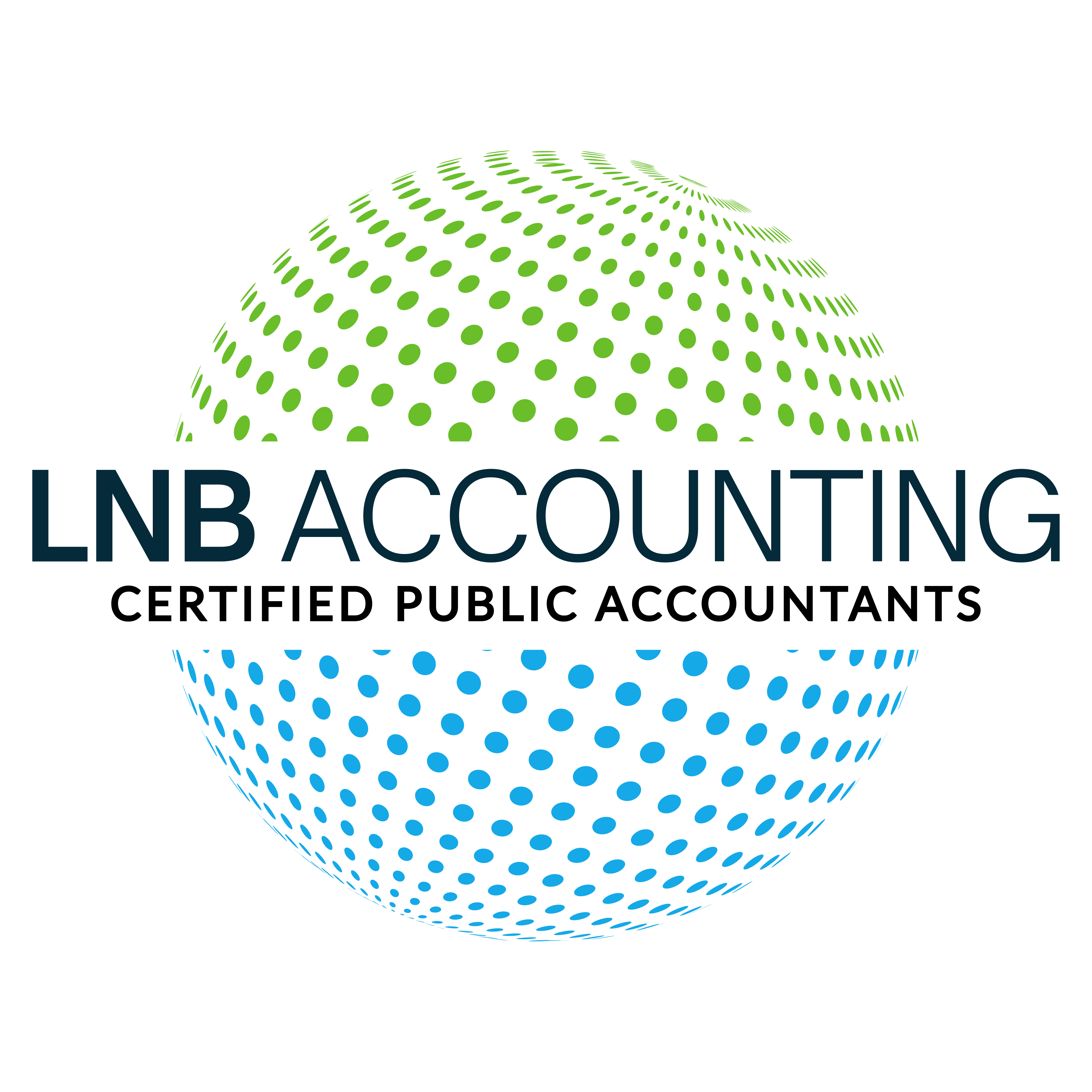
Think of your financial statements as your business’s story. They tell investors, lenders, regulators, and even you, the business owner, about your company’s financial position, performance, and prospects. But how can you be confident that this story is accurate and complete?
Assurance accounting gives your business a way to enhance its financial reporting and make better decisions. It’s about compliance with laws and regulations and mitigating business risk. This comprehensive guide will walk you through everything you need to know and why it matters for your business’s financial health.
Defining Assurance Accounting
Assurance accounting is a specialized area of accounting that involves the independent examination of financial information to express an opinion on its fairness and compliance with established criteria. Unlike other accounting services that focus on creating financial information, assurance is about verifying information that already exists.
At its core, assurance accounting serves a fundamental purpose: providing confidence. This confidence extends to multiple parties:
- Business owners and management gain confidence that their financial information is accurate for decision-making
- Investors and lenders receive assurance that financial statements present a true picture of business performance
- Regulatory bodies get verification that the business complies with applicable standards
- Customers and suppliers develop trust in the business’s financial stability
The level of assurance can vary depending on the engagement type, from the highest level provided by audits to more limited assurance from reviews and compilations. Each serves different business needs and stakeholder requirements.
The Foundation of Assurance
- Independence: The assurance provider must be independent of the business being reviewed to provide an unbiased opinion.
- Objectivity: The assurance process must be objective, relying on evidence and professional judgment.
- Evidence-Based Approach: Conclusions are based on thorough examination and documentation.
- Professional Skepticism: Assurance providers should always maintain a questioning mind.
Types Of Assurance Services
There is no one size that fits all when it comes to assurance accounting. Different types of assurance contracts are available, each one designed to meet specific needs and offering a different level of scrutiny.
When You Need an Audit
An audit provides the highest level of assurance on financial statements. During an audit, auditors gather sufficient evidence to provide reasonable assurance that financial statements are free from material misstatement, whether due to error or fraud.
The audit process is comprehensive and includes:
- Evaluating internal controls
- Testing transactions and account balances
- Verifying assets and liabilities
- Examining supporting documentation
- Performing analytical procedures
Businesses typically need an audit when:
- They’re seeking significant external financing
- They’re preparing for acquisition or sale
- Regulations or contracts require it
- Shareholders or board members request it
Is a Review Right for Your Business?
When a full audit isn’t necessary but some level of assurance is desired, a review might be appropriate. Reviews provide limited assurance that no material modifications are needed to make financial statements conform to accounting standards.
Reviews involve:
- Analytical procedures to identify unusual items or trends
- Inquiries of management about accounting practices and principles
- Less detailed testing than audits
- Significantly less time and cost than audits
Targeted Assurance
Sometimes, businesses need assurance on specific accounts, transactions, or processes rather than complete financial statements. Agreed-upon procedures (AUP) engagements allow for customized assurance.
In an AUP engagement, the accountant performs only the specific procedures agreed to by the client and specified parties, then reports on the findings without providing an opinion or assurance. This approach offers flexibility for businesses with targeted assurance needs.
Common AUP engagements include:
- Verifying inventory counts
- Reviewing compliance with loan covenants
- Examining specific revenue or expense categories
- Checking royalty calculations
Compilation Services
The least extensive type of assurance engagement, compilations involve the assembly of your financial information into financial statements without expressing an opinion on their accuracy. Compilations are often used by small businesses that don’t require audits or reviews but want professionally prepared financial statements.

Is Assurance Accounting Worth The Investment?
Assurance accounting offers a multitude of benefits for businesses of all sizes and industries. Let’s look at some of the most common advantages:
- Increased Confidence in Financial Information: By providing an independent and objective assessment of your financial data, assurance accounting gives you greater confidence in its accuracy and reliability. This is so important for making informed business decisions, securing funding, and attracting investors.
- Reduced Risk of Fraud and Errors: Assurance procedures help to identify and reduce the risk of fraud and errors in your financial reporting. This protects your business from financial losses and reputational damage.
- Improved Decision-Making: Reliable financial information is essential for making sound business decisions. Assurance accounting helps you to identify trends, assess performance, and make data-driven decisions that can drive your business forward.
- Enhanced Credibility with Stakeholders: Whether it’s investors, lenders, or customers, stakeholders want to see that your financial information is trustworthy. Assurance accounting provides the credibility they need to engage with your business confidently.
- Meeting Regulatory Requirements: Many businesses are required to undergo audits or other assurance engagements to comply with regulatory requirements. Assurance accounting ensures that you meet these obligations and avoid potential penalties.
The Assurance Process
The assurance process usually involves the following steps:
- Planning and Risk Assessment: The assurance provider will first plan the engagement and assess the risks of material misstatement in your financial information.
- Evidence Gathering: The provider will then gather sufficient and appropriate evidence to support their opinion. This may involve inspecting documents, observing procedures, and making inquiries.
- Testing and Evaluation: The evidence gathered will be tested and evaluated to form an opinion on the fairness of your financial information.
- Reporting: The provider will issue a report summarizing their findings and conclusions. The report may express an unqualified opinion, a qualified opinion, an adverse opinion, or a disclaimer of opinion.
Setting The Record Straight
Let’s address some frequent misunderstandings about assurance services:
“Assurance is Only for Large Corporations”
While public companies require audits, businesses of all sizes benefit from appropriately scaled assurance services. Small and mid-sized businesses often find that reviews or agreed-upon procedures provide valuable assurance without the cost of full audits.
“It’s Just About Checking Numbers”
Modern assurance goes far beyond verifying calculations. It includes evaluating processes, controls, and systems that generate financial information, providing insights that help businesses operate more effectively.
“It’s an Unnecessary Expense”
Businesses often view assurance services as a cost center rather than an investment. However, the insights gained frequently lead to improvements that far exceed the assurance fee.
“It’s Only Needed When There Are Problems”
Proactive assurance serves as preventive medicine for your business finances. Regular assurance services can identify issues before they become significant problems and provide ongoing confidence in financial information.
Assurance accounting is an essential tool for businesses of all sizes and industries. It provides confidence in financial information, reduces the risk of fraud and errors, and improves decision-making. By choosing the right assurance provider and staying informed about the latest developments in the field, you can ensure that your business benefits from the full potential of assurance accounting.
Contact us today to learn more about how LNB Accounting can help you achieve your financial goals through our comprehensive assurance accounting services.
FAQs
What is the difference between an audit and a review?
An audit provides a higher level of assurance than a review. Audits involve a more thorough examination of your financial records and internal controls.
How often do I need an assurance engagement?
The frequency of assurance engagements depends on factors such as your size, industry, and regulatory requirements. Some businesses require annual audits, while others may only need them every few years.
How much does an assurance engagement cost?
The cost of assurance engagements varies depending on the scope of the engagement and the complexity of your business.
What is the role of the IRS in assurance accounting?
The IRS sets the tax laws and regulations that businesses must follow. While the IRS doesn’t directly perform assurance engagements, they may review the reports issued by assurance providers as part of their tax audits.
How can technology like QuickBooks and Sage improve the assurance process?
QuickBooks and Sage are popular accounting software platforms that can help businesses to maintain accurate and organized financial records. This can make the assurance process more efficient and effective.
Where can I find more information about critical accounting mistakes to fix now?
We offer a valuable resource, “critical accounting mistakes to fix now,” which provides insights into common accounting errors and how to avoid them. You can download this guide from our website.




